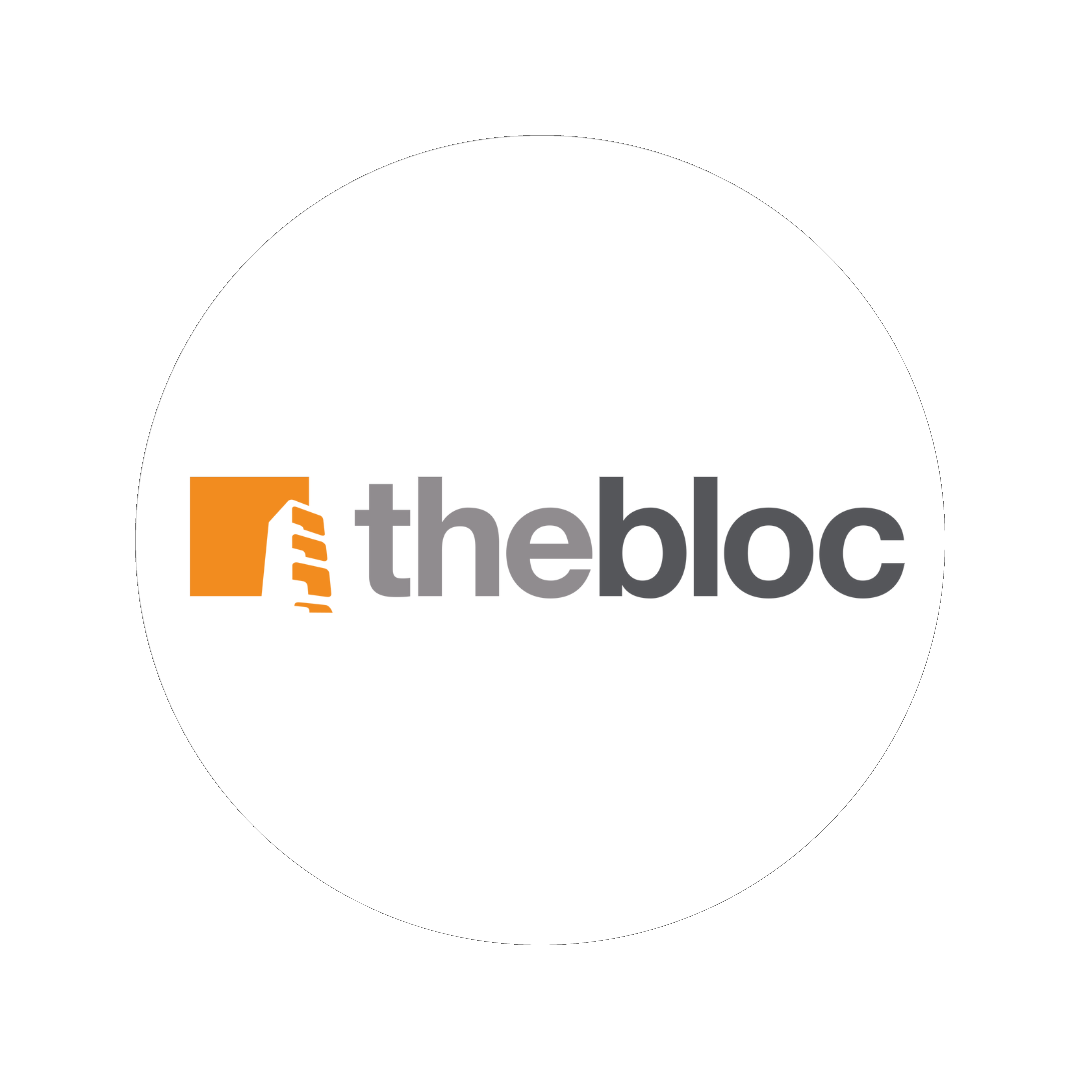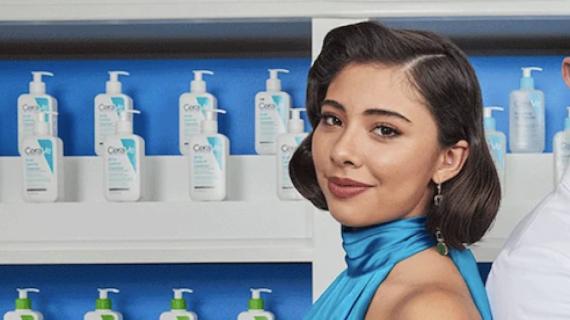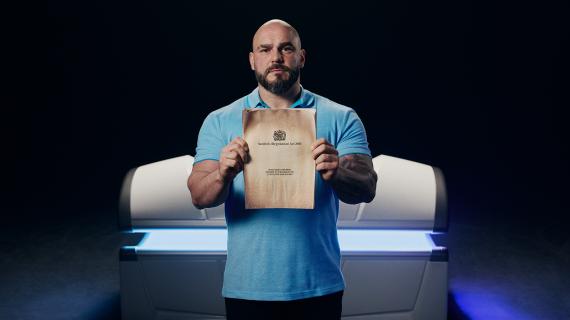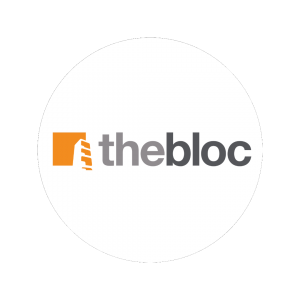
The Bloc's Christian Bauman on Advancing Health Equity
Muse: How does your agency collaborate with healthcare professionals, organizations, or stakeholders to advance health equity and reduce health disparities?
Christian Bauman, CCO of The Bloc: The advertising community has a huge role to play in advancing health equity and reducing disparities. We don't control policy at our client companies, but as partners we advise, guide and ultimately influence the work that represents our clients in the public forum—which itself then influences society's conversation. Among the things we hyperfocus on are the language we craft for patients and consumers (not just "is it inclusive," but "is it encouraging to break through established fears") and the emphasis on diversity for physician audiences (reinforcing the real world, not a silo). All this has to start internally. I was at an event with Walter Geer, and he made a great comment to the effect that if he and another dude were tasked with a tampon campaign, they would inevitably mess it up. It's funny, but also true. Representation can't be created artificially, it has to begin with the diversity of creatives and strategists who structure the work.
In what ways does your agency leverage innovation and emerging technologies to enhance the effectiveness and reach of your health and wellness marketing efforts?
The Bloc is incredibly fortunate to have the great Jay Appel as our chief digital officer, and he's always pushing new toys and technologies on us to test drive and play with. Adoption begins with trying, and that has to be an internal attitude of curiosity and playfulness. Obvious to say, but we're having a load of fun with AI these days on the art side of things and there is no question we're already seeing both creative and efficiency results.
Share any success stories or specific metrics that demonstrate the positive outcomes achieved through these efforts.
Our portfolio of current and recent brands includes some very specific patient populations that have traditionally been misunderstood and misrepresented by society, the media and, yes, advertising. People with diabetes, people with major depression, trauma victims of all ages, genders and ethnicities who now suffer from PTSD. There is no way we could effectively and thoughtfully communicate with these folks if we weren't so focused on our own diversity and inclusion of thought and ideas.
